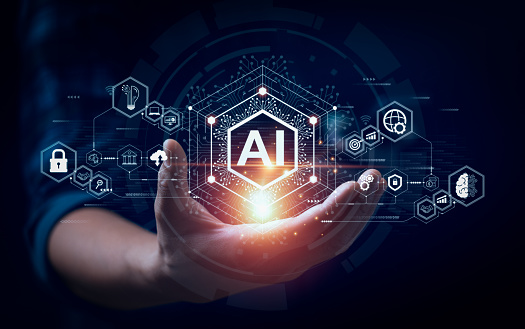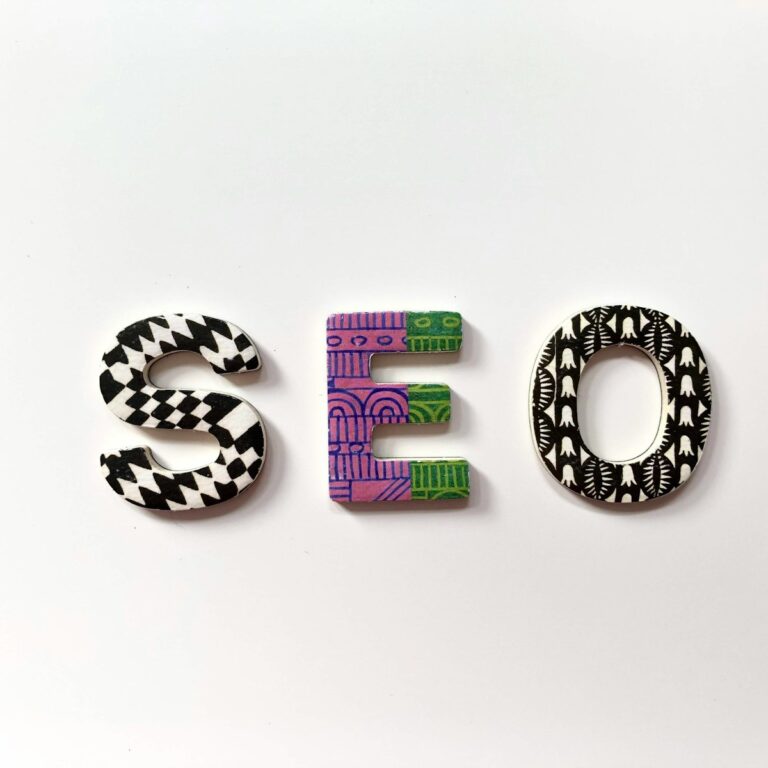AI-Generated Contents and Search Engine Rankings: The Opportunities and Risks


Rahmat Olayiwola
Content Writer
Table of content
Introduction
In recent years, Artificial Intelligence (AI) has revolutionized various industries, including content creation. With advancements in natural language processing and machine learning, AI-generated content has become more prevalent. From articles and blog posts to product descriptions and customer reviews, AI is now capable of generating text that is often indistinguishable from human-written content. However, as businesses and website owners increasingly turn to AI to scale their content production, a pressing question emerges: “Can AI-Generated Content Hurt Your Search Ranking?”
1. Understanding AI-Generated Content and Its Impact on SEO:
AI-generated content is produced using algorithms that analyze vast amounts of data to create human-like text. These algorithms learn from existing content and user behavior to mimic writing styles and patterns. While AI-generated content can potentially save time and resources, it may not always meet the same level of quality as content crafted by skilled writers. Search engines aim to deliver the most relevant and valuable content to users, which raises concerns about the impact of AI-generated content on search rankings.


2. Google's Stance on AI-Generated Content for SEO:
Sarch engines like Google have been proactive in addressing AI-generated content. Google’s guidelines emphasize the importance of original, valuable, and relevant content. They explicitly state that auto-generated or scraped content, which includes AI-generated content without significant value addition, may violate their quality guidelines. Websites that employ such content could face penalties, including lower search rankings or exclusion from search results altogether.
3. Evaluating the SEO Risks of AI-Generated Content:
While AI-generated content can help scale content production, it poses several SEO risks. First, if the generated content lacks originality and uniqueness, it could lead to duplicate or thin content issues, negatively affecting search rankings. Second, AI-generated content might lack the ability to address nuanced topics or engage readers emotionally, leading to lower user satisfaction and shorter dwell times. Search engines interpret these user signals as indicators of content quality, potentially impacting ranking positions.
Enjoying the Article?
Sign up For Our Newsletter
4. Differentiating High-Quality AI-Generated Content from Low-Quality Content:
To mitigate SEO risks, businesses should focus on producing high-quality AI-generated content. High-quality content should be relevant, informative, and add value to users. Additionally, it should be well-structured and free from grammatical errors or awkward phrasing. By fine-tuning AI algorithms, businesses can enhance the output and ensure content aligns with user intent and expectations.
5. The Role of AI in Content Creation and SEO Automation:
AI-driven content creation tools have undeniable benefits for businesses, enabling them to automate content generation, manage large-scale campaigns, and maintain consistency across platforms. However, SEO professionals must be cautious not to rely solely on AI-generated content. Combining AI with human-generated content can strike a balance between efficiency and authenticity.
6. Ethical Considerations of AI-Generated Content for SEO:
Transparency and ethical considerations are crucial when employing AI-generated content for SEO. Websites must disclose the use of AI-generated content to users, and content should always comply with copyright laws and fair use principles. Building trust with users by providing clear information about the content’s origin can foster positive user experiences and enhance SEO performance.
6. SEO Strategies to Leverage AI-Generated Content Safely:
When utilizing AI-generated content, SEO strategies should focus on using it in conjunction with high-quality human-created content. Leveraging AI for content ideation, data analysis, and topic research can aid human writers in crafting valuable, in-depth articles that meet both user and search engine requirements.


7. Measuring the SEO Performance of AI-Generated Content:
To gauge the effectiveness of AI-generated content, businesses must track key performance indicators, including organic traffic, bounce rates, and time-on-page. Comparing AI-generated content with human-written content performance can offer valuable insights into content strategy optimization.
8. User Reactions to AI-Generated Content:
Understanding user perceptions and feedback regarding AI-generated content is essential. Surveys, user testing, and analyzing user behavior can help businesses fine-tune AI-generated content to better align with user preferences and boost engagement metrics.
9. Preparing for Future SEO Challenges with AI and Content Generation:
As AI technology advances, search engine algorithms will likely evolve to better distinguish between high-quality AI-generated content and spammy, low-value content. SEO professionals should stay informed about the latest developments in AI and be prepared to adapt their strategies accordingly.
Conclusion:
AI-generated content offers vast potential for SEO improvement, but it also poses challenges that should not be overlooked. Striking the right balance between AI and human involvement in content creation is vital to maintain the integrity of SEO strategies and provide valuable content to users. Embracing AI while adhering to ethical guidelines will empower businesses to harness the benefits of AI-generated content while preserving their search engine rankings and fostering a positive user experience.
Recent Post
-
20 Jan 2025 BlogEric Emanuel NYC Collaborations A Look at the Brand's Partnerships with Major Sports Teams and Fashion Icons
-
14 Jan 2025 BlogFick Party - Heiße Escort-Ladys
-
13 Jan 2025 BlogNutten Essen - Heißes Escort-Model
-
10 Jan 2025 BlogHuren Essen Sinnliche Damen
-
 12 Oct 2023 BlogHow to Prevent Stock Shortages with Data and Analytics
12 Oct 2023 BlogHow to Prevent Stock Shortages with Data and Analytics
Ready to accelerate your company's brand transformation?
We look forward to getting to know you, talking CX, and (our favorite part) learning how we can make your life easier.











